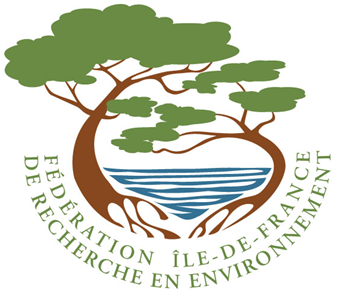The "Institut de minéralogie, de physique des matériaux et de cosmochimie" is a joint research unit of CNRS, Sorbonne University, IRD, and Muséum National d'Histoire Naturelle
Researchers in physics, biology and mineralogy are gathered at IMPMC to elucidate the structure of materials, investigate their properties, their connection to micro-organisms,... The laboratory is operated by about 70 researchers and researchers-teachers and 30 technical and administrative staff members.
Some examples of research domains investigated at IMPMC:
- Natural and artificial magnetic nanoparticles, XMCD - Impurities in natural and synthetic minerals, archeomaterials
- Prediction of physical properties of materials using first principles calculations of electronic properties
- Synthesis and studies of structural and dynamic properties of complex materials
- Physical properties of condensed matter under extreme conditions
- Structure and elastic properties of geophysical materials under extreme conditions
- Studies of (bio)geochemical cycles of major and trace metallic elements at the Earth’s surface with special emphasis on the role of minerals.
- Studies of mechanisms of mineral transformations induced by micro-organisms.
- Studies of short range (2-5 Å) and medium range (5-20 Å) in synthetic and geological glasses and melts
- Theoretical study and modeling of protein folding.
- Structural studies of macromolecular assemblages.
- Study of the biological role of inner shells ionization of DNA. Studies of fragmentations of molecules and agregates of biological interest.
- Mineralogy, petrology, chemistry and isotope systematics of meteorites; origin and history of the solar system.
The strength of the IMPMC lies in its multidisciplinary approach, as shown by the ten teams working on topics as diverse as the physics of dense environments, mineralogy or protein structure prediction.
Three main fields are represented here : biology, physics and Earth science.
- Mineralogy and magnetism with low demensionality
- Physics of Simple Systems in Extreme Conditions
- Design and study of novel materials with remarkable electronic properties
- Environmental mineralogy
- Geobiology
- Properties of amorphus, liquids and minerals
- Bioinformatics and biophysics
- Cosmochemistry

